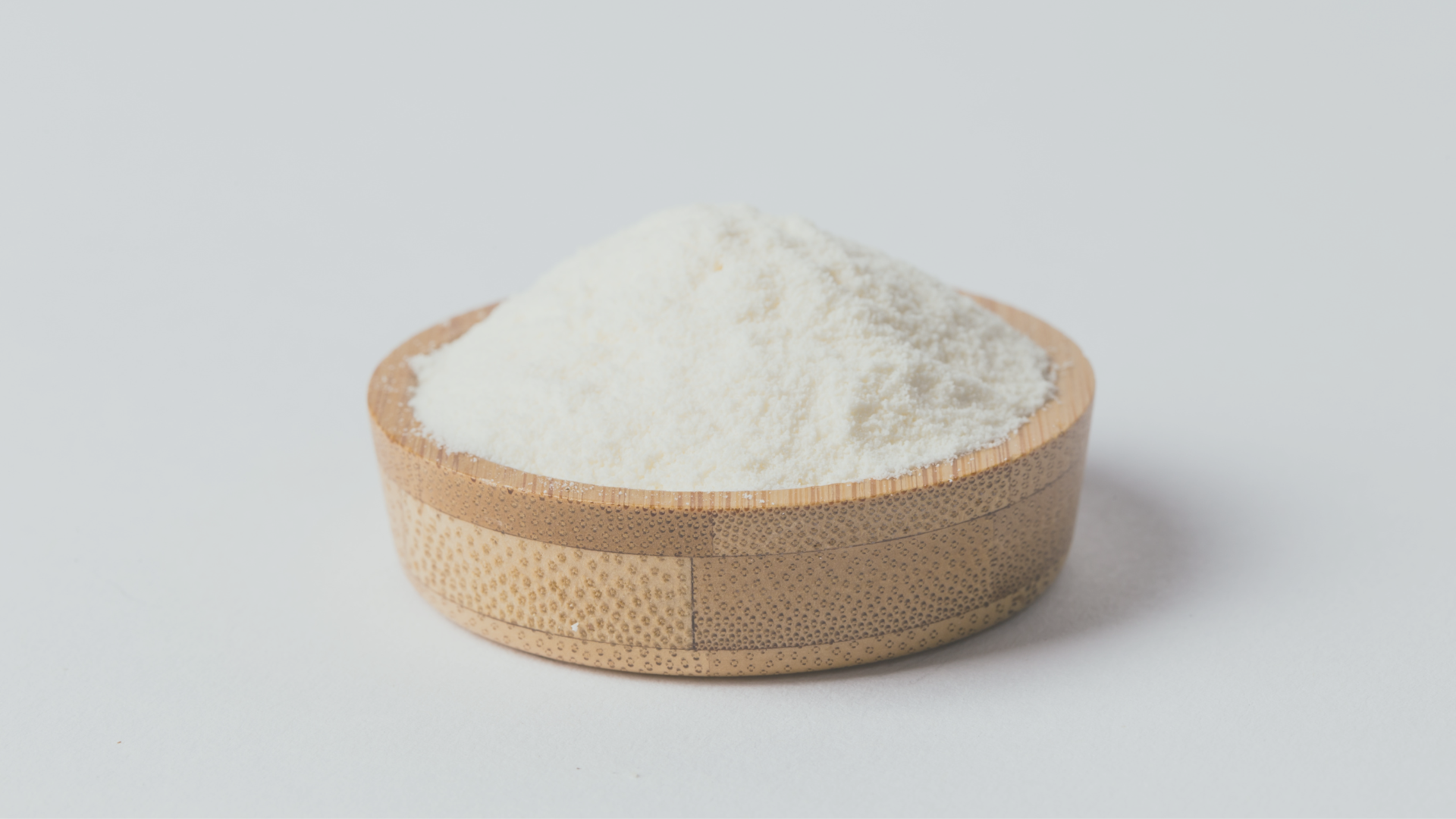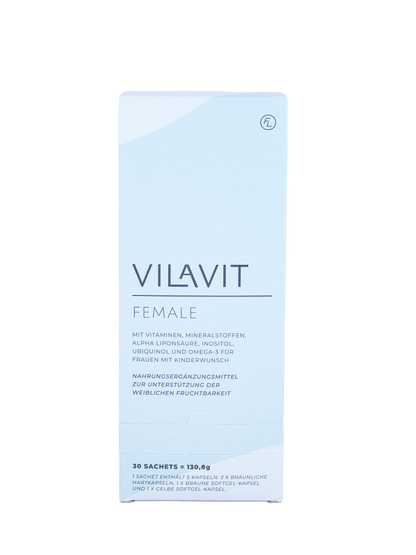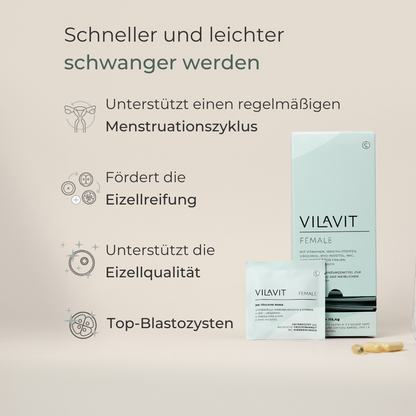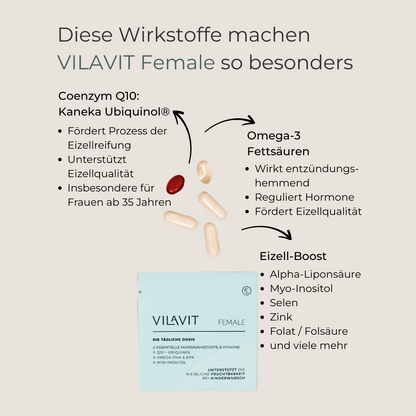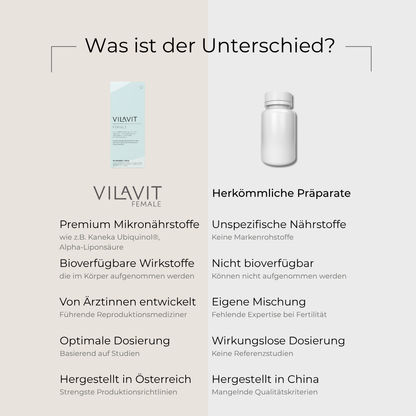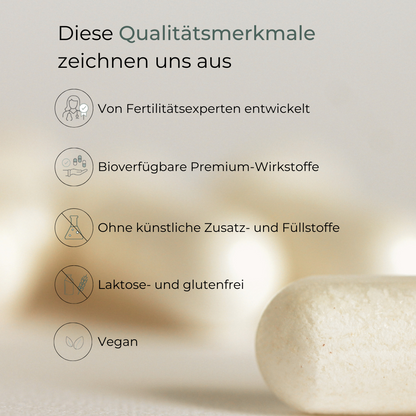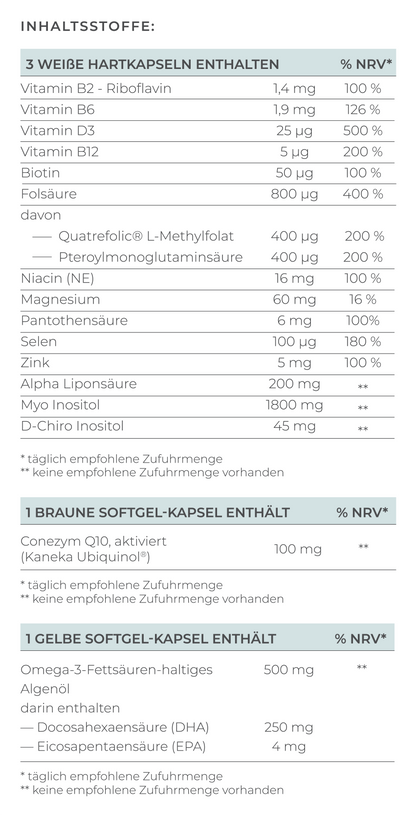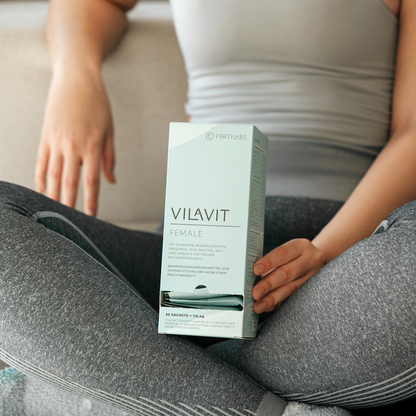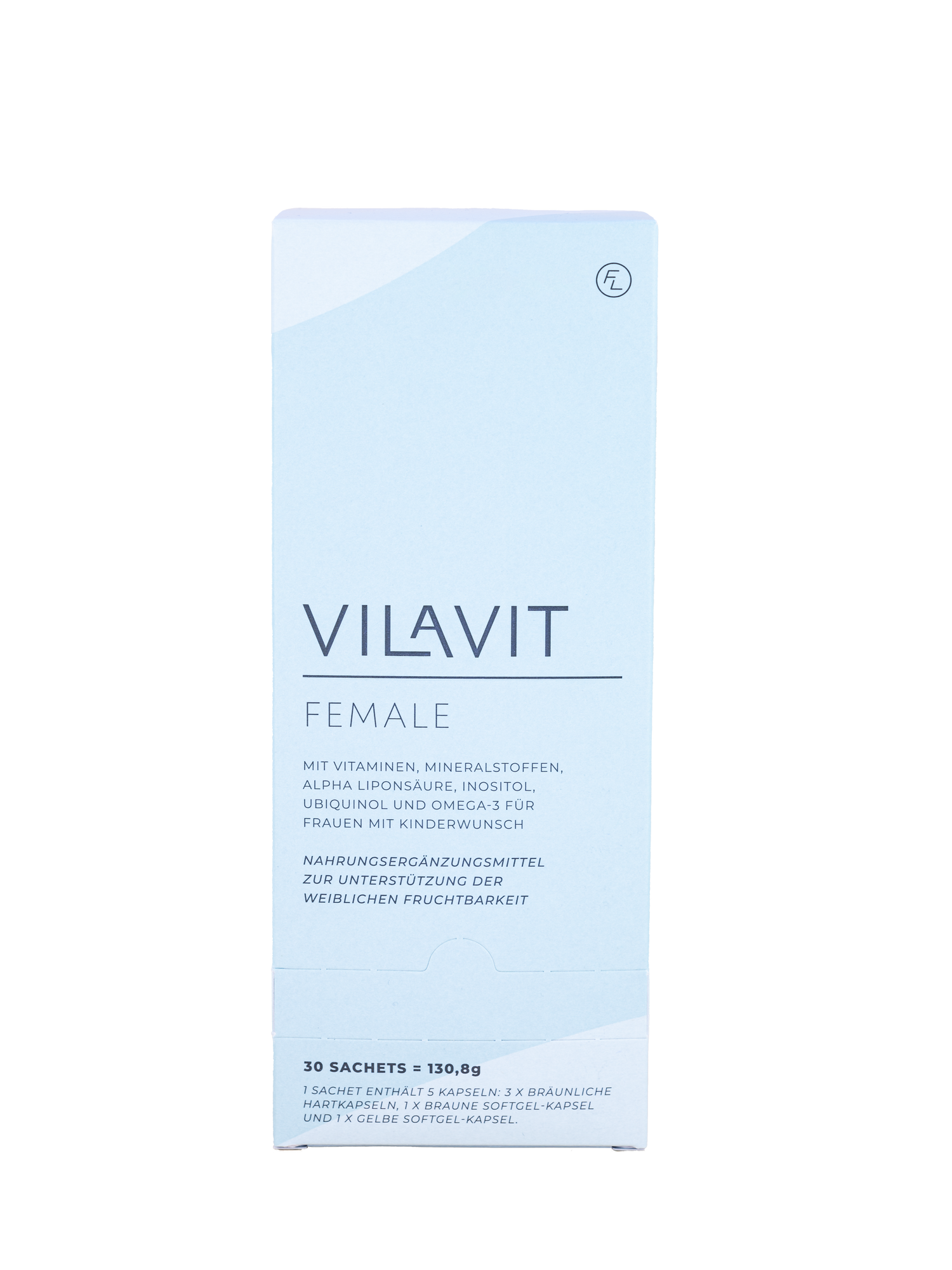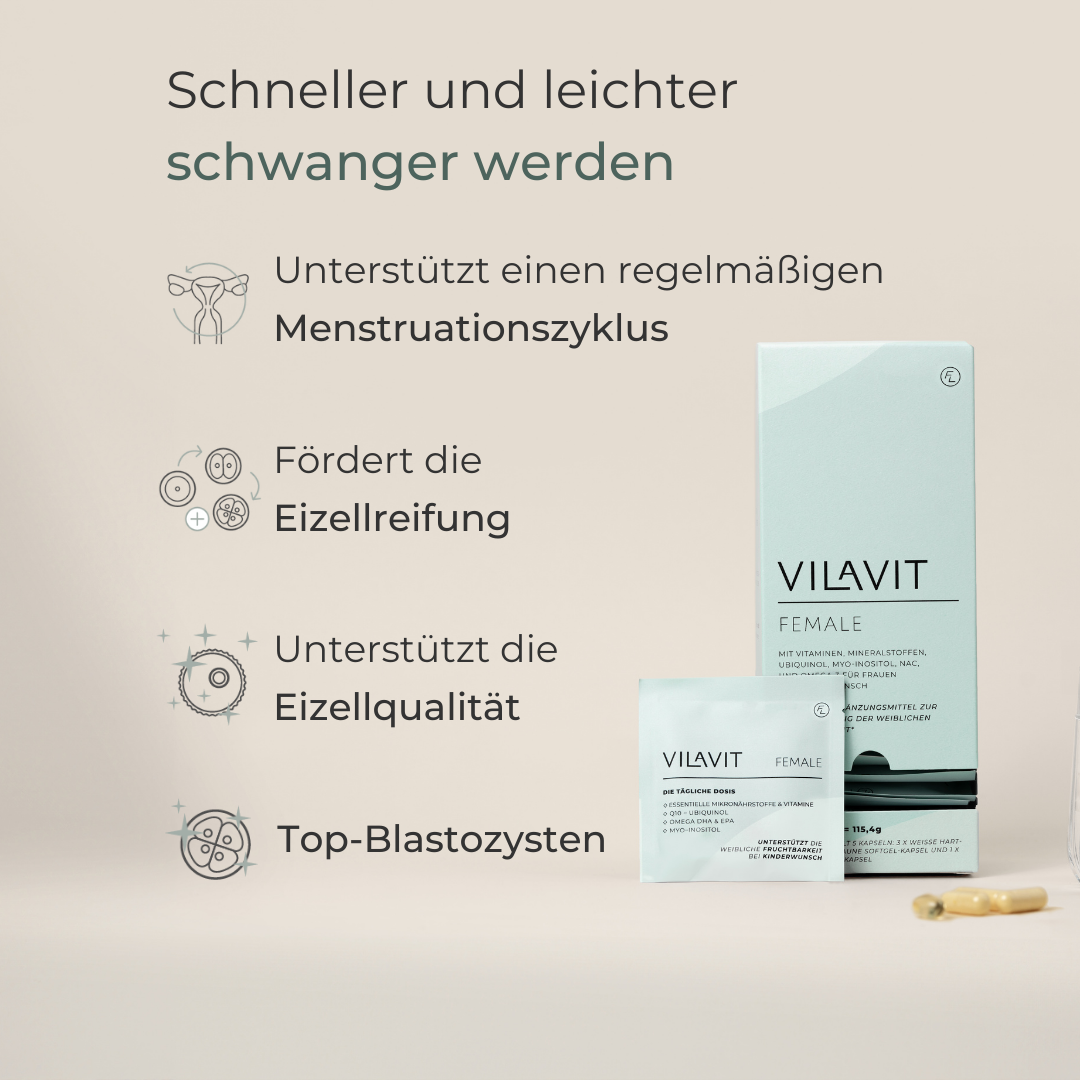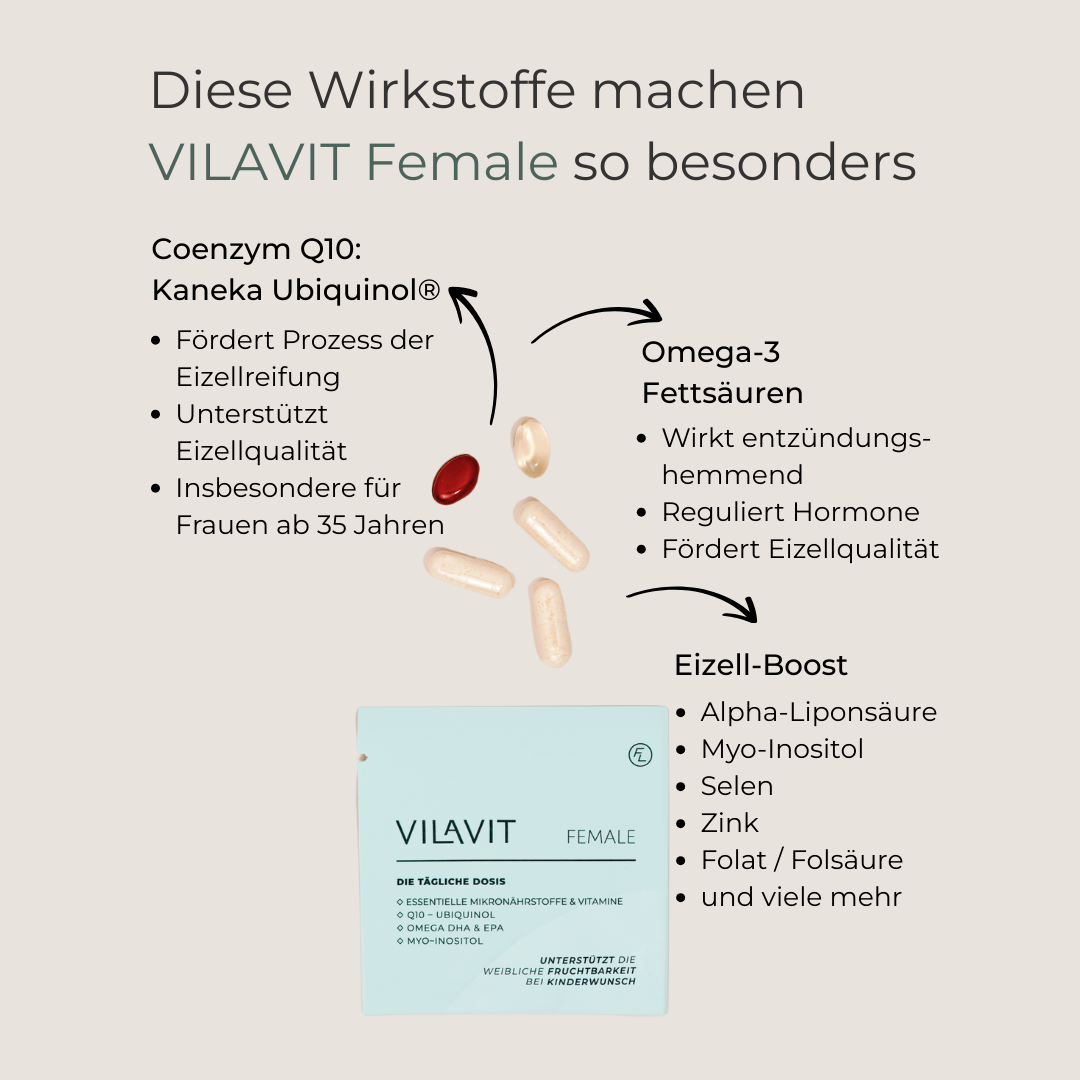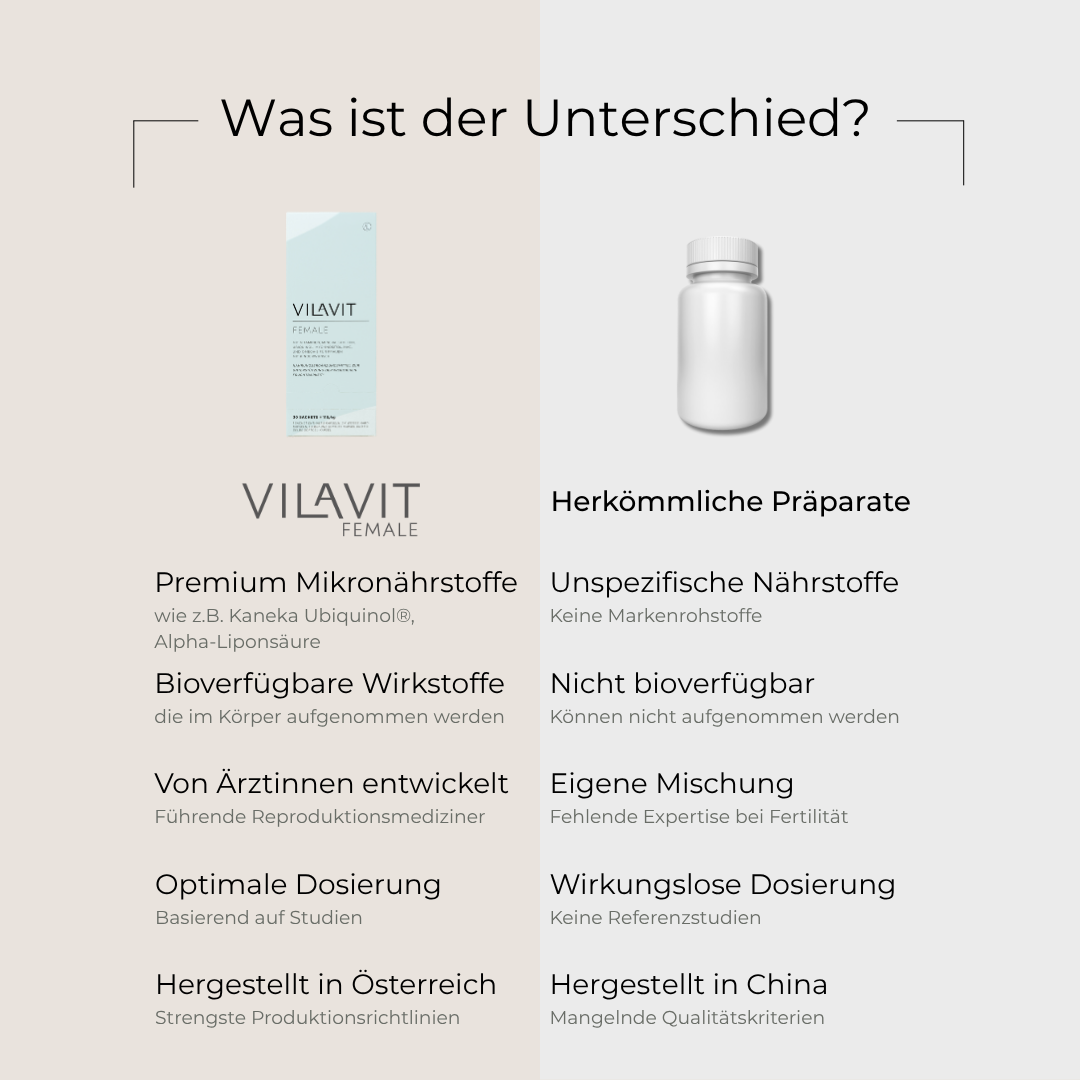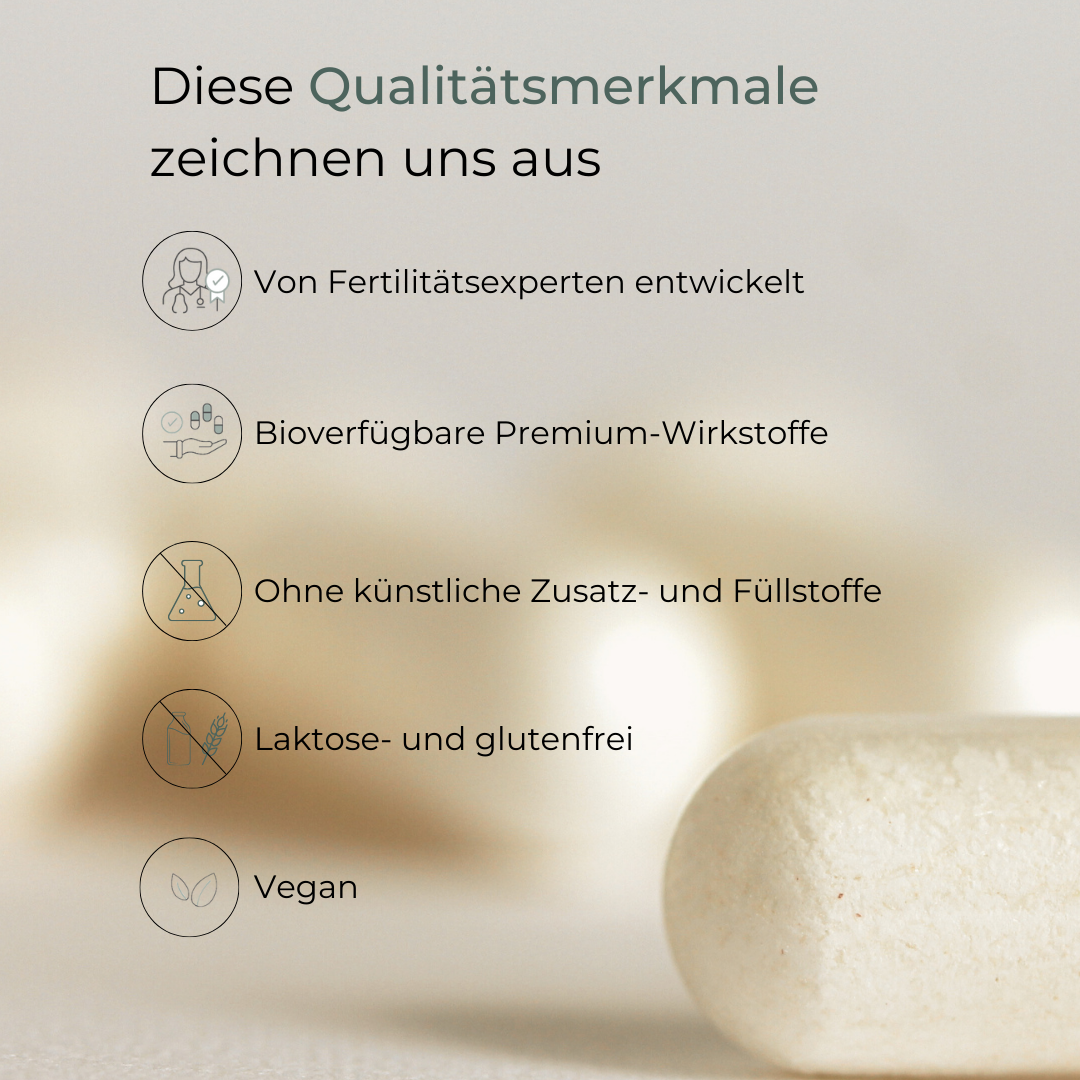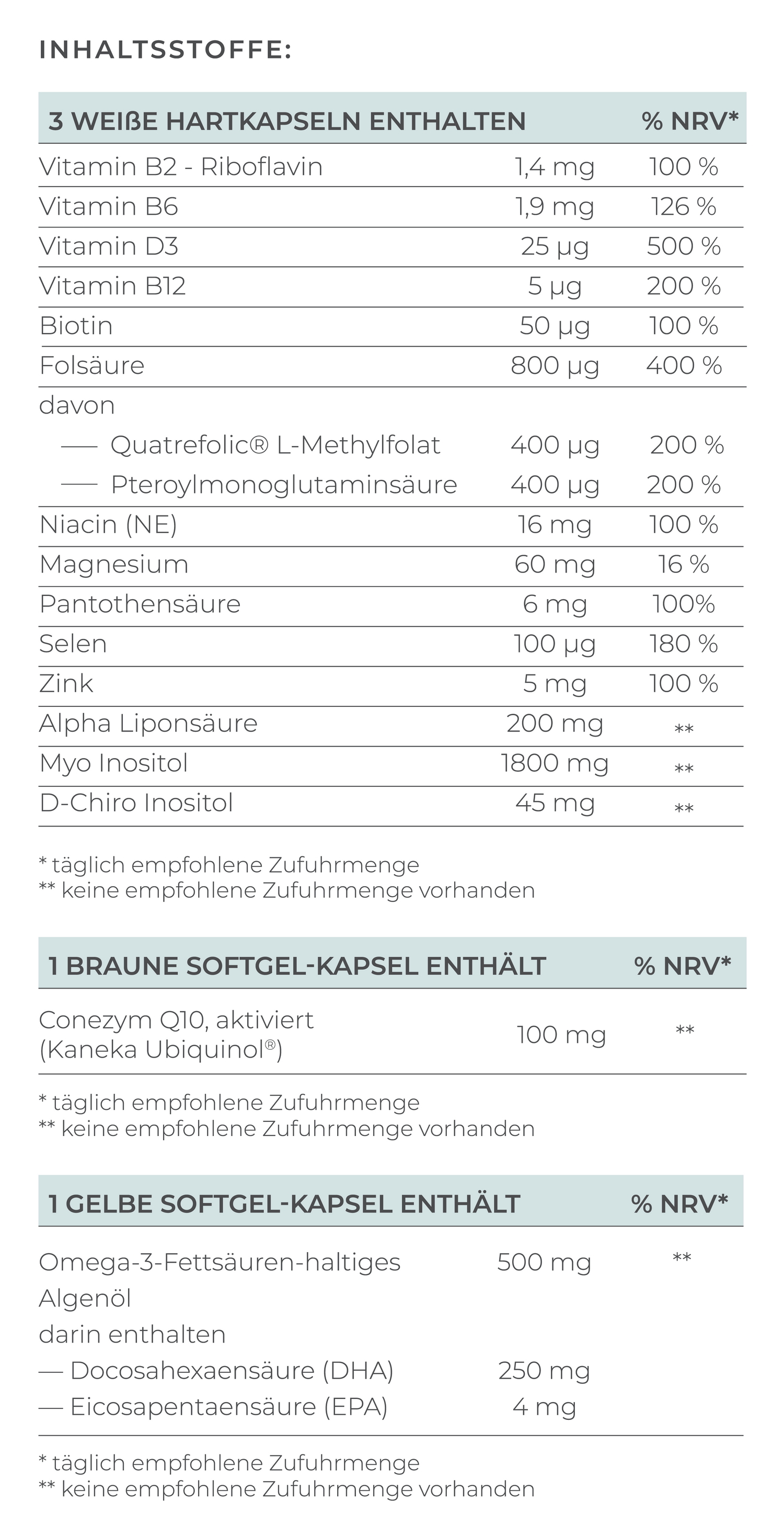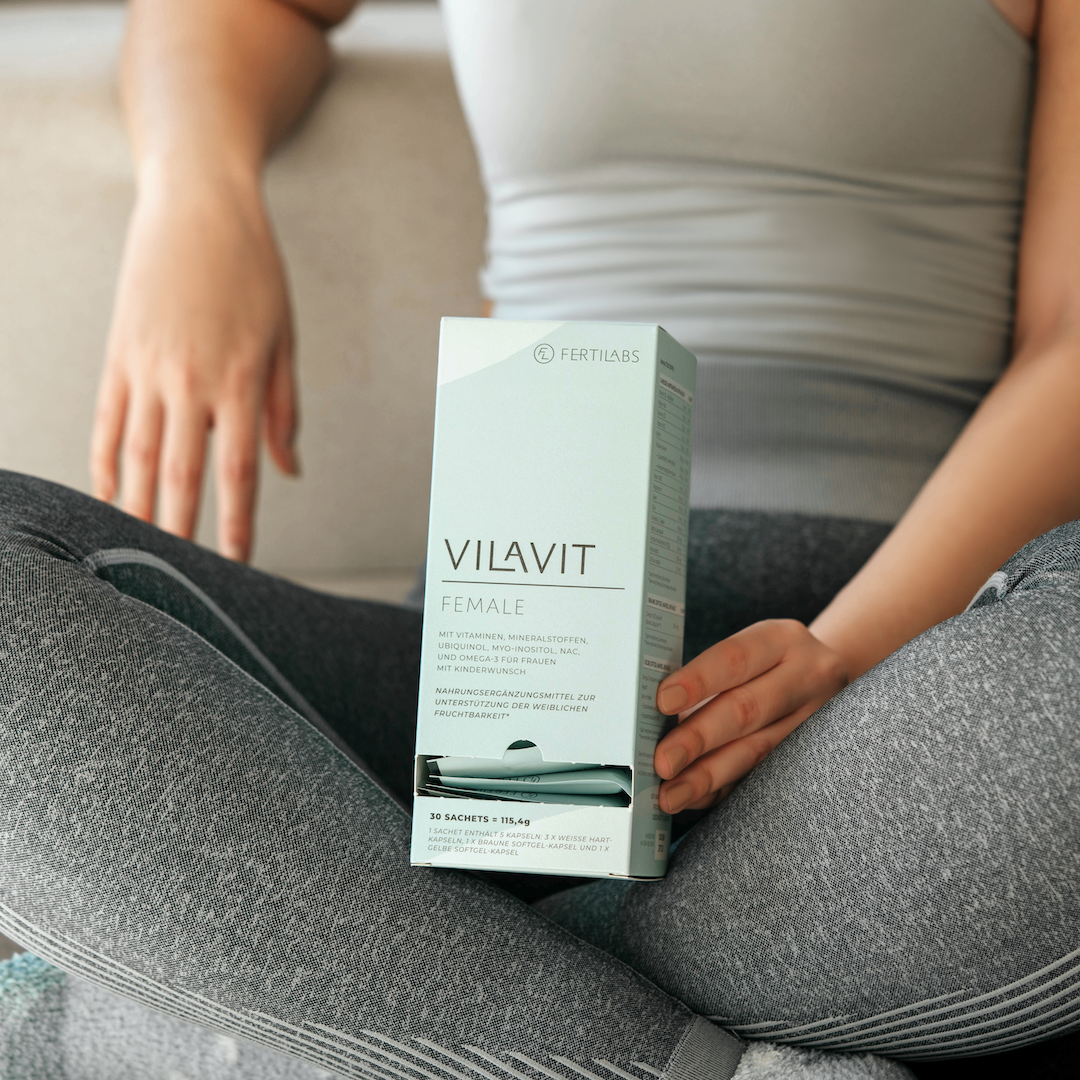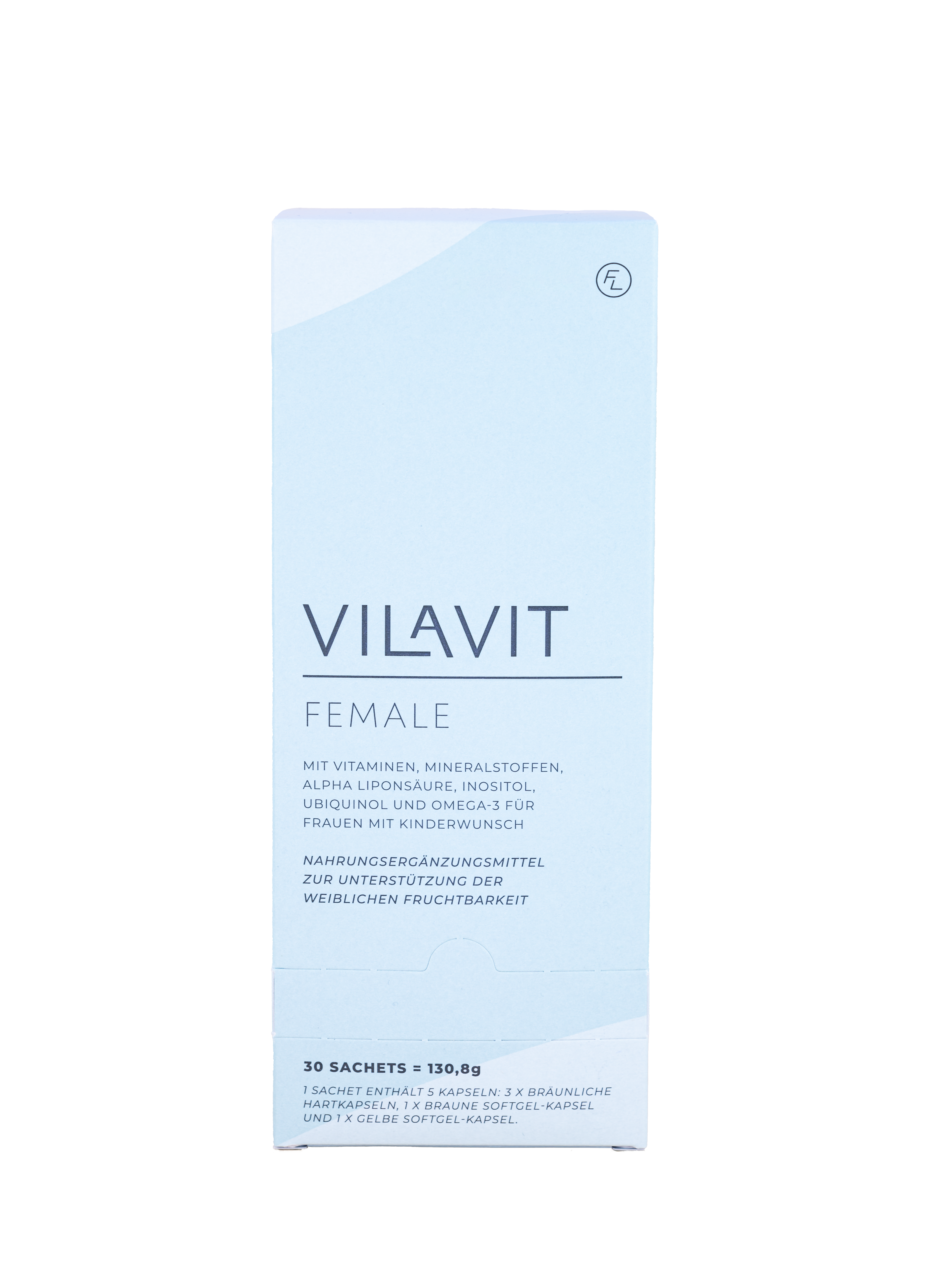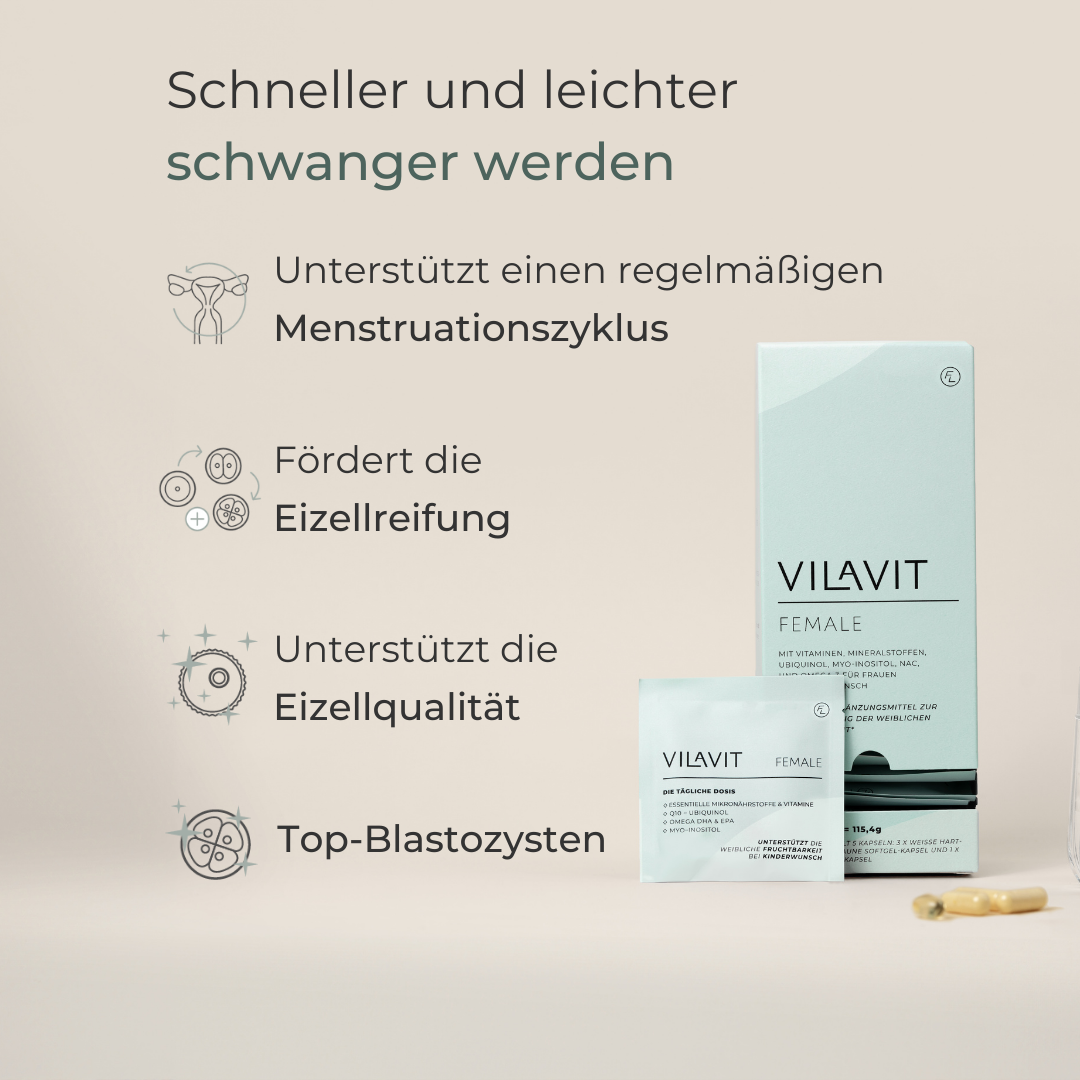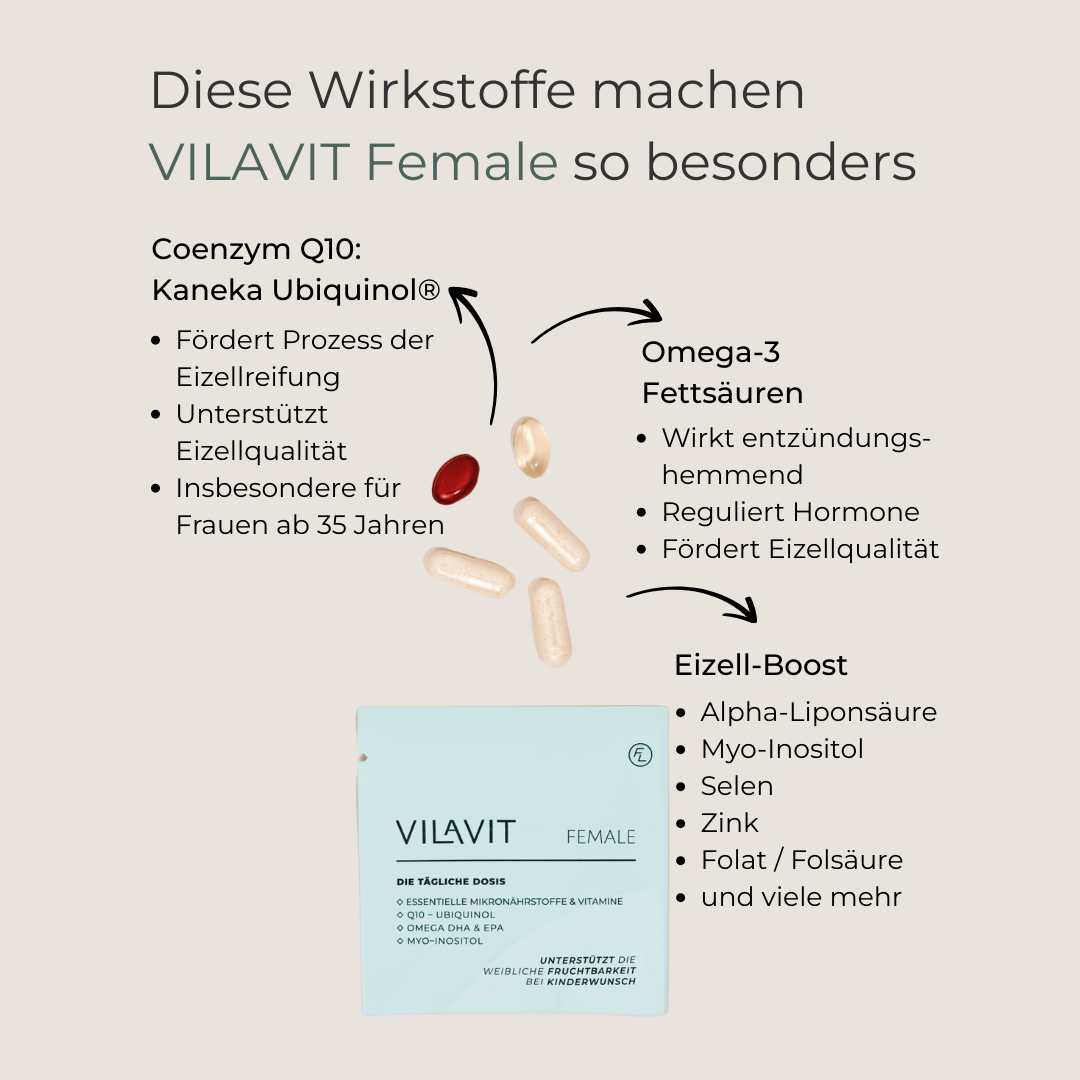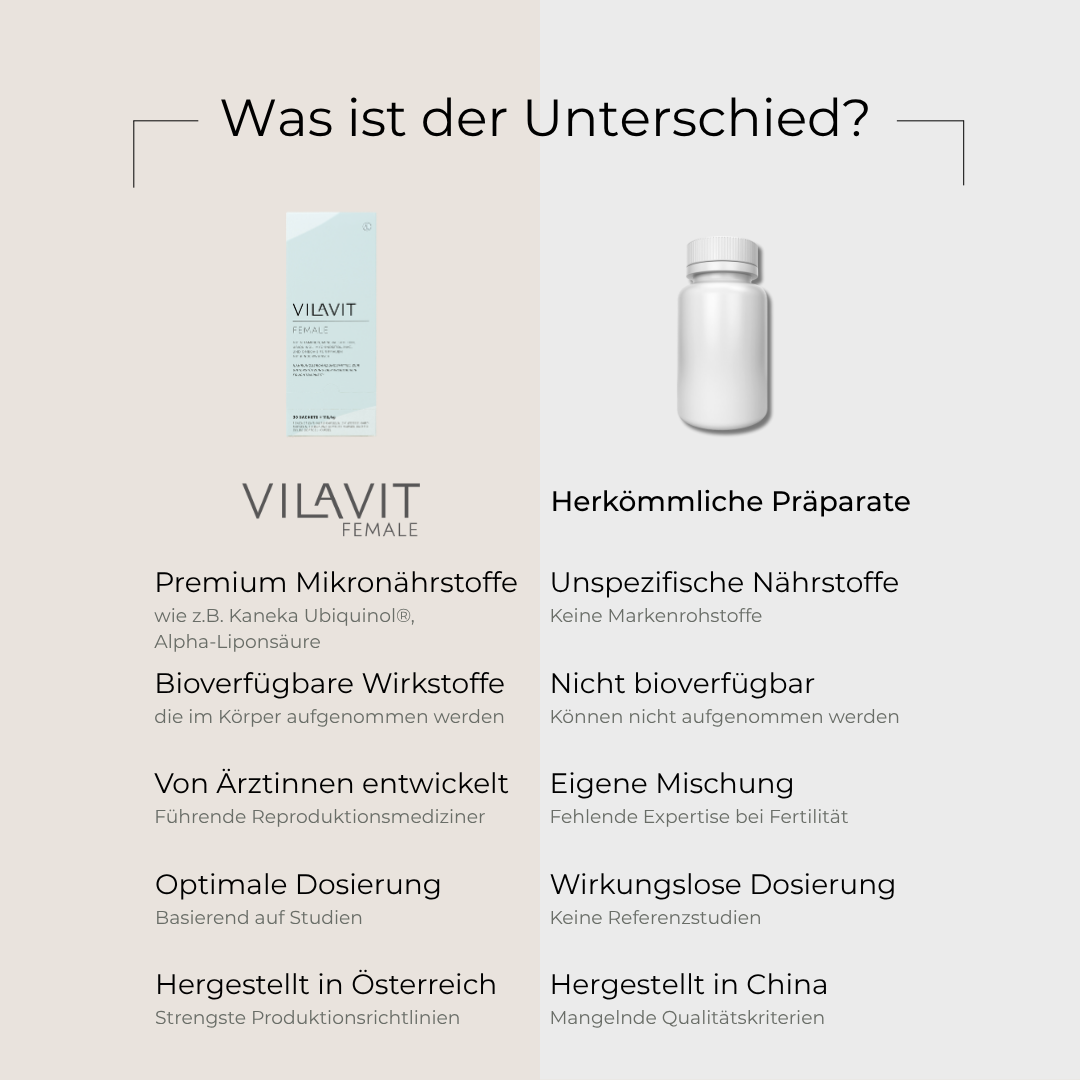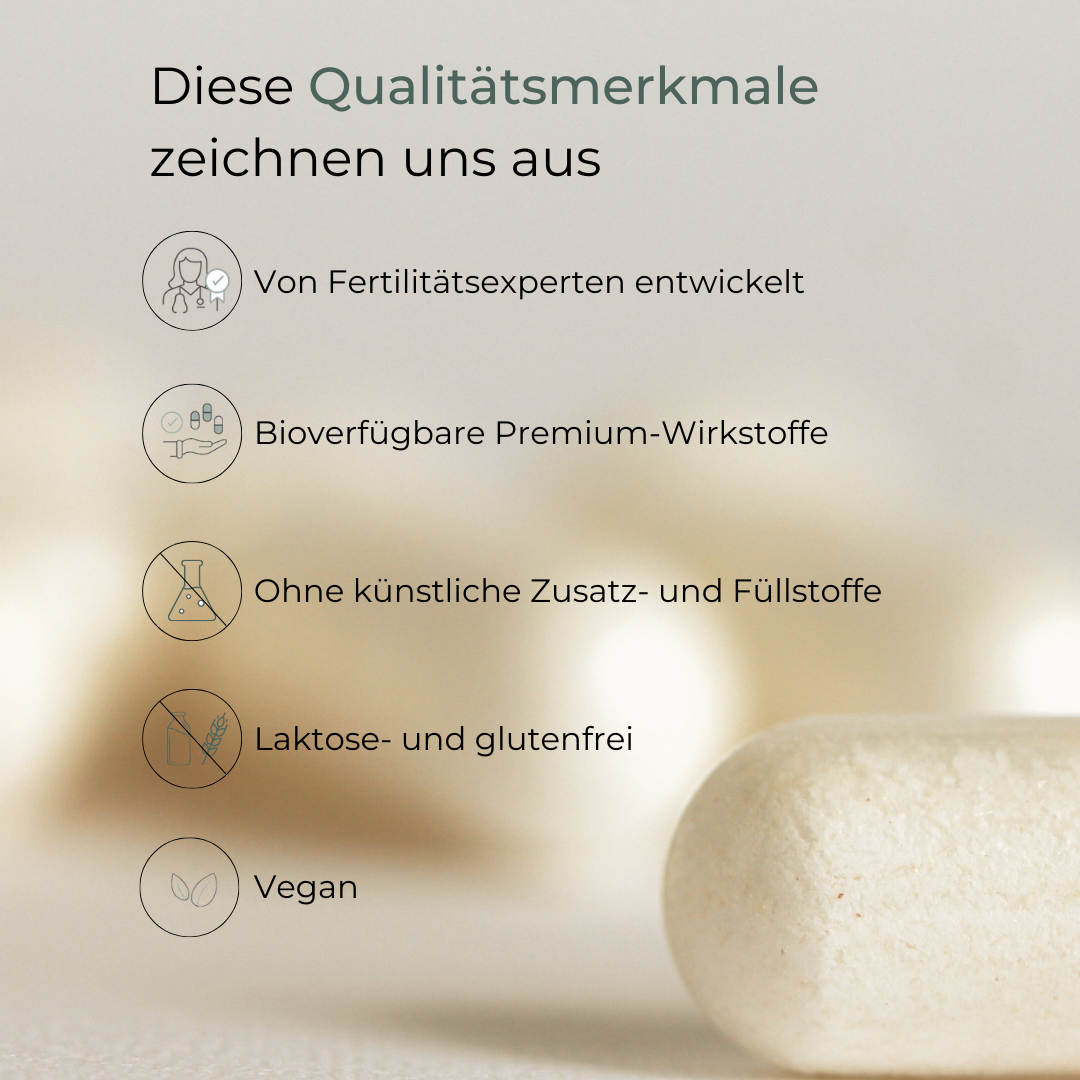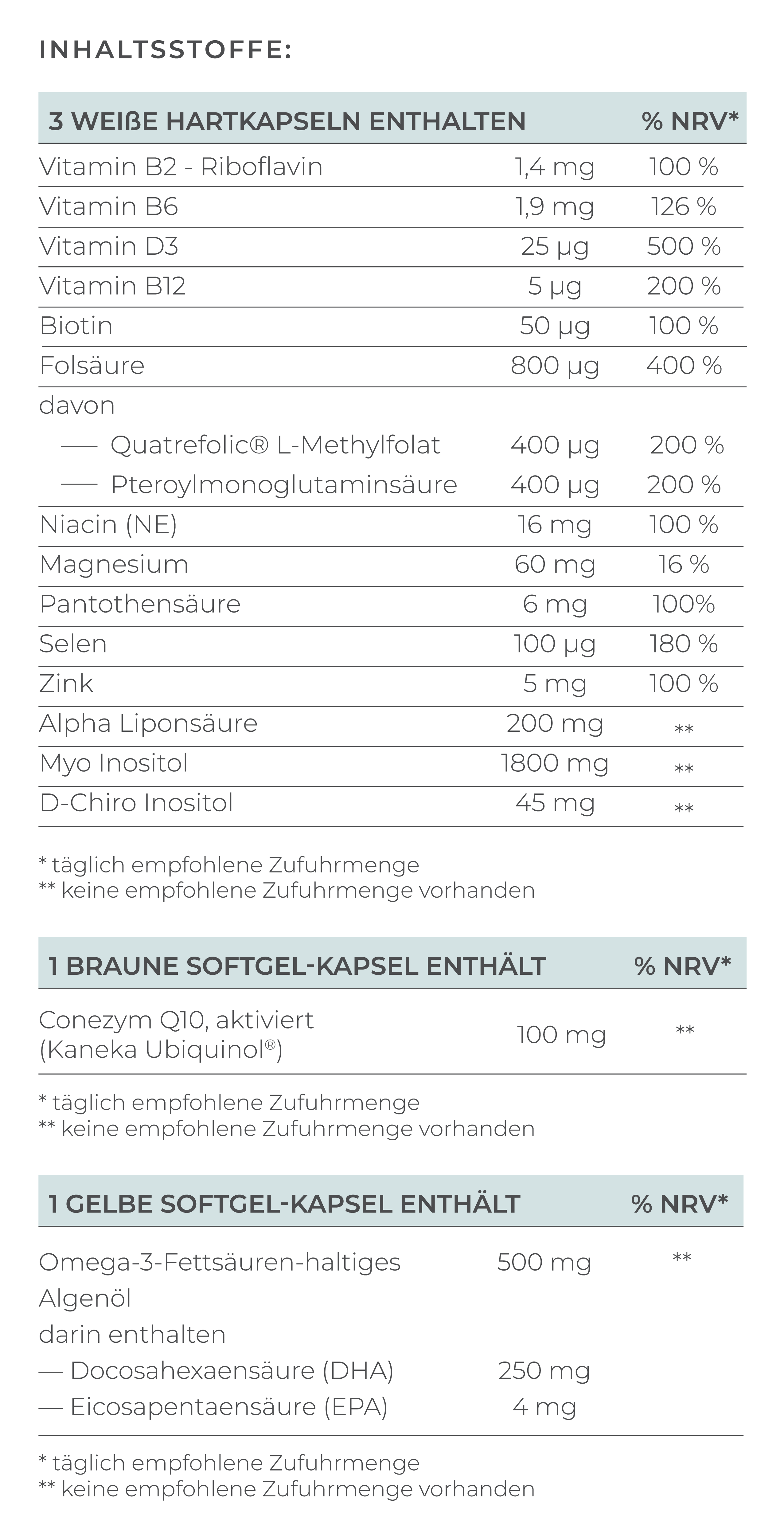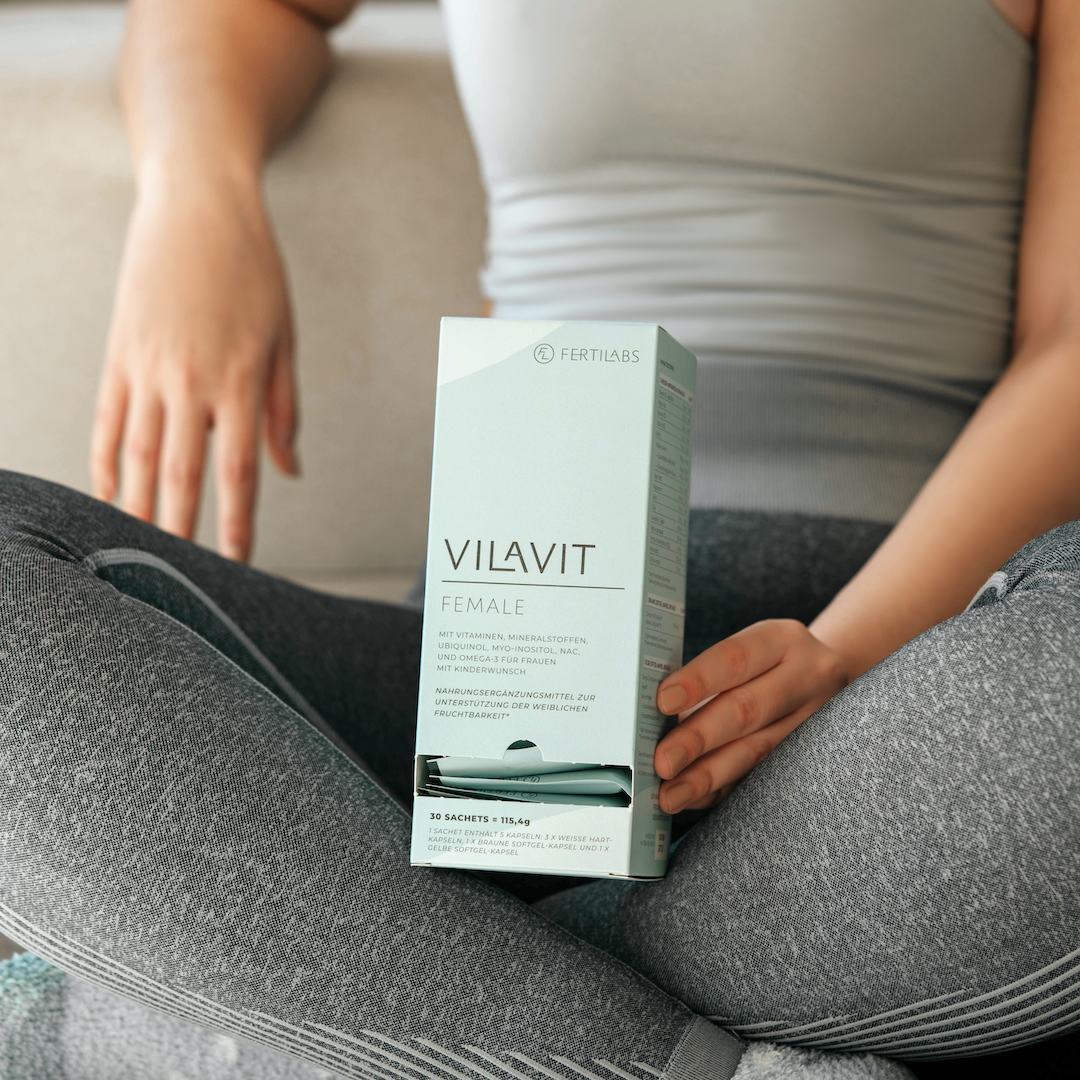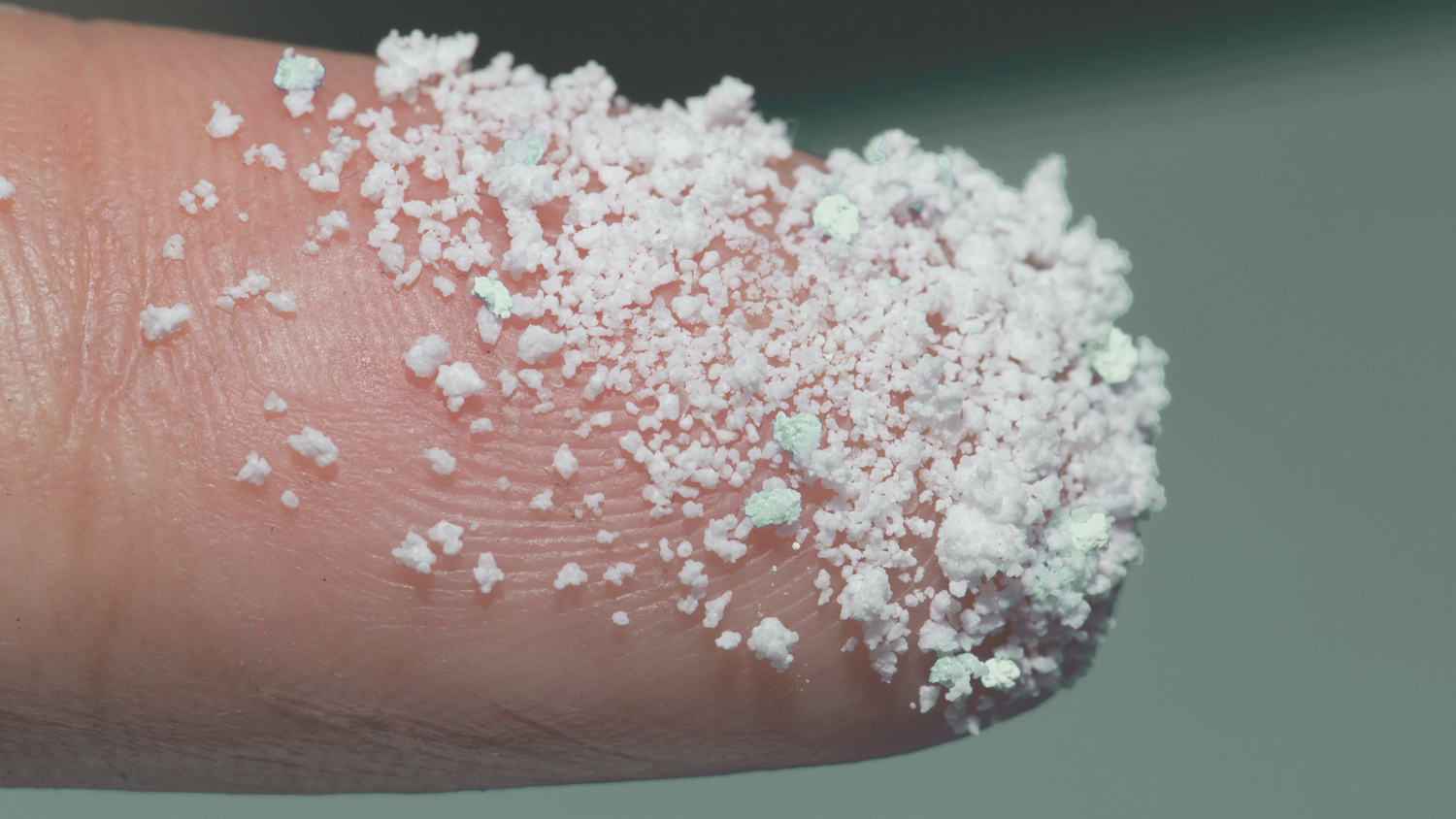Scientific studies have shown that the compound Myo-Inositol offers promising support in the treatment of Polycystic Ovary Syndrome (PCOS).
Polycystic Ovary Syndrome (PCOS) is a multifaceted, complex endocrine disorder that is alarmingly on the rise among women worldwide. PCOS can lead to infertility, irregular menstrual cycles, and other health challenges.
What is Myo-Inositol?
Myo-Inositol was once classified as a B-vitamin but is now considered a vitamin-like substance.
Myo-Inositol belongs to the family of inositols, which are found in many foods such as fruits, nuts, and whole grains. It plays a central role in regulating insulin metabolism and influences numerous cellular processes through its effect on secondary messengers.
How Myo-Inositol Works
1. Improvement of Insulin Sensitivity
Myo-Inositol helps cells respond better to insulin. Insulin is a hormone that regulates blood sugar levels by signaling cells to take up sugar from the blood. When cells become more sensitive to insulin, the body can control blood sugar levels more effectively.
2. Reduction of Insulin Resistance
In individuals with insulin resistance, cells do not respond properly to insulin, leading to higher blood sugar levels. Myo-Inositol can help reduce this resistance by improving the signaling pathways crucial for insulin action (Nestler JE, et al., 1999).
3. Regulation of the Menstrual Cycle / Hormonal Balance
Myo-Inositol can help correct the common hormonal imbalance seen in PCOS. It supports the regulation of hormones like insulin, estrogen, and testosterone, contributing to a regular menstrual cycle.
A randomized controlled study confirmed that taking 1 gram of Myo-Inositol daily for 6 months restored regular menstrual cycles in about 68% of women. This study reported significant improvements in cycle regularity and endocrine parameters (significantly lower LH and LH/FSH levels) as well as metabolic parameters (significantly lower fasting insulin and HOMA-IR) (Sharon P M et al., 2024).
4. Oocyte Maturation and Fertility
In addition to promoting a regular menstrual cycle, Myo-Inositol enhances oocyte maturation, which is crucial for egg quality.
These results are particularly relevant for women with PCOS who face difficulties with conception (Gerli et al., 2010).
Additional Therapy Approaches for PCOS and Infertility
Beyond Myo-Inositol, there are other therapy approaches that can support women with PCOS in their quest to start a family.
Weight Management
Overweight can exacerbate PCOS symptoms and impact fertility. Studies have shown that even moderate weight loss can improve insulin resistance and help restore a regular menstrual cycle (Moran LJ, et al., 2011).
Dietary Changes
A balanced diet with a low glycemic index can help stabilize insulin levels and reduce hormonal imbalances. Foods high in fiber and healthy fats can be particularly beneficial.
Medication Treatments
Some women may require medication. Drugs such as Metformin (a medication used to treat diabetes) are commonly used to improve insulin sensitivity. Medications to induce ovulation, such as Clomiphene, can also be helpful.
Acupuncture and Complementary Therapies
Acupuncture and other complementary therapies may also provide support by improving hormonal regulation. Further scientific studies are needed to substantiate these approaches with statistically significant data (Yang et al., 2022).
Myo-Inositol: A Promising Therapy for PCOS
Myo-Inositol has proven to be a promising support for women with PCOS by improving insulin sensitivity and regulating hormonal balance. Complementary approaches such as weight management, dietary changes, medication treatments, and complementary therapies can further help alleviate symptoms and increase the chances of a successful pregnancy.
FAQ
How long should one take Myo-Inositol?
The duration of Myo-Inositol intake can vary depending on individual needs and medical conditions. Many studies and clinical experiences suggest that Myo-Inositol should be taken for 3 to 6 months to achieve significant improvements in symptoms.
Is long-term use of Myo-Inositol harmful?
Myo-Inositol can often be used over several months or years, particularly if it is well tolerated and shows positive effects.
When should I take Myo-Inositol?
Although Myo-Inositol is commonly used for women, especially in the treatment of Polycystic Ovary Syndrome (PCOS), studies also indicate that Myo-Inositol may be beneficial for men and their sperm quality.
Why do some supplements contain D-Chiro Inositol?
Studies have shown that combining Myo-Inositol with D-Chiro Inositol can be particularly effective. This combination can improve insulin sensitivity and better regulate hormonal imbalances in women with PCOS.
What is the HOMA Index and what role does it play in Polycystic Ovary Syndrome (PCOS)?
PCOS is often associated with overweight, which is due to insulin resistance. The HOMA Index (Homeostasis Model Assessment) is a mathematical model used to assess insulin resistance. It is frequently used by doctors to evaluate insulin sensitivity and the body's ability to regulate blood sugar. Peripheral insulin resistance is suspected if the HOMA Index > 2.
Does Myo-Inositol have side effects?
Myo-Inositol is generally considered safe and typically has few side effects. Most people tolerate Myo-Inositol well, and serious side effects are rare.
Does Myo-Inositol also help women without PCOS but with a desire to conceive?
Yes, Myo-Inositol can support women without PCOS who are trying to conceive.
Here are some benefits it can offer:
-
Improvement of Oocyte Maturation: Myo-Inositol can promote oocyte maturation, which may increase the chances of successful fertilization.
-
Regulation of the Menstrual Cycle: Myo-Inositol can help regulate the menstrual cycle, even in women who do not have hormonal disorders.
-
Increased Insulin Sensitivity: Myo-Inositol can improve insulin sensitivity in women without PCOS, contributing to overall health and fertility.
-
Hormonal Balance: Myo-Inositol supports the balance of hormones, which is crucial for fertility.
-
Stress Reduction: Some studies suggest that Myo-Inositol may also have a positive effect on overall well-being and stress reduction, which can further enhance fertility.
Overall, Myo-Inositol can be a valuable supplement for women with a desire to conceive, even if they do not suffer from PCOS.
References


